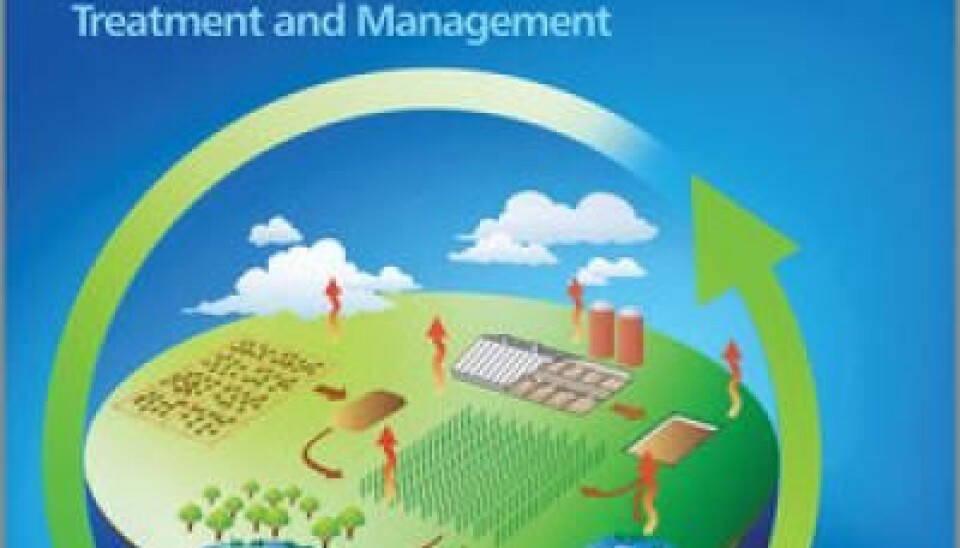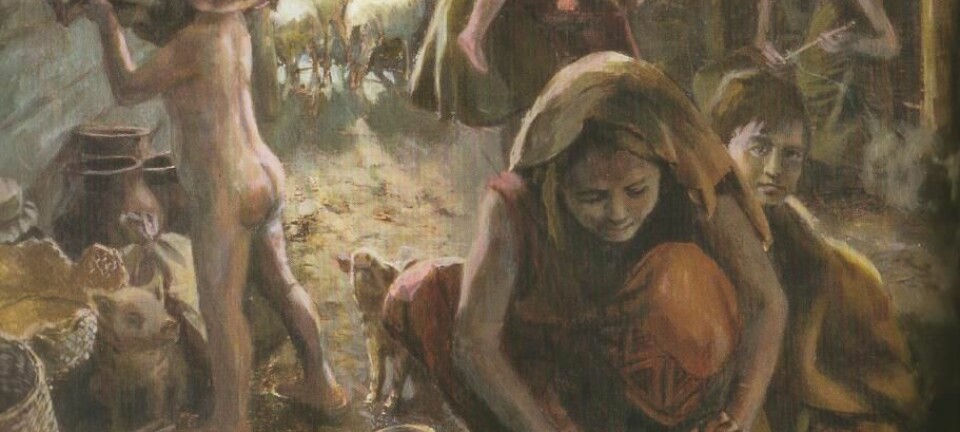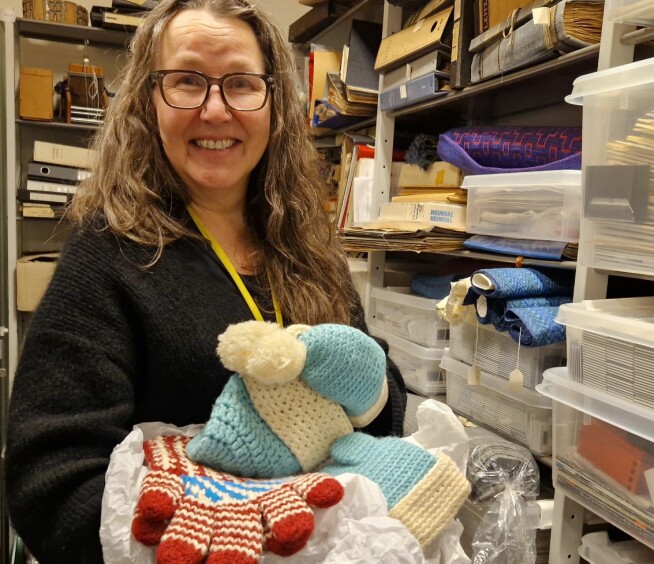
Scientists: Use animal manure's stinking wealth of resources
New textbook shows farmers how they can get stinking rich while they are up to their knees in it.
Increasing demands for meat, milk and eggs across the world have prompted an explosive growth in livestock production with massive environmental consequences at local, regional, and global levels.
A new textbook, ‘Animal Manure Recycling: Treatment and Management’, draws from Danish expertise and spotlights technologies that presents state-of-the-art knowledge in relation to recycling animal manure, writes Copenhagen University in a press release.
Many people know that a steak's path to the dinner table has undesirable climatic and environmental consequences, and large increases in livestock production have given rise to enormous quantities of animal manure.
This presents challenges in relation to waste management and environmental protection. The new textbook, written by leading experts from the University of Copenhagen and three other Danish universities, sheds light on environmentally friendly technologies that can manage and recycle animal manure both effectively and sustainably, the press release states.
Denmark is assuming a leadership role in both farming and environmental technology and we therefore want to disseminate this unique know-how and at the same time contribute to the export of Danish technology.
Lars Stoumann Jensen
"If we are to solve the environmental problems and use manure as a resource, it requires robust interdisciplinary collaboration among professionals in the fields of environmental technology, industrial farm animal production and agriculture. They need to understand one another's 'language' to implement these solutions, which work in practice. We hope that the book will contribute to a better integration of know-how and mutual understanding between engineers, agricultural consultants and environmental biologists," says one of the authors, Professor Lars Stoumann Jensen.
He adds: "Denmark is assuming a leadership role in both farming and environmental technology and we therefore want to disseminate this unique know-how and at the same time contribute to the export of Danish technology."
The book presents the latest knowledge in relation to each link in the chain of processes, from manure production to the transformation of its last molecular remnants.
It provides engineers, environmental consultants, agricultural consultants, ministerial staff and students with broad and thorough insight into the problems and solutions that relate to the management and utilisation of manure as an energy source, soil amendment and fertiliser, according to the press release.






